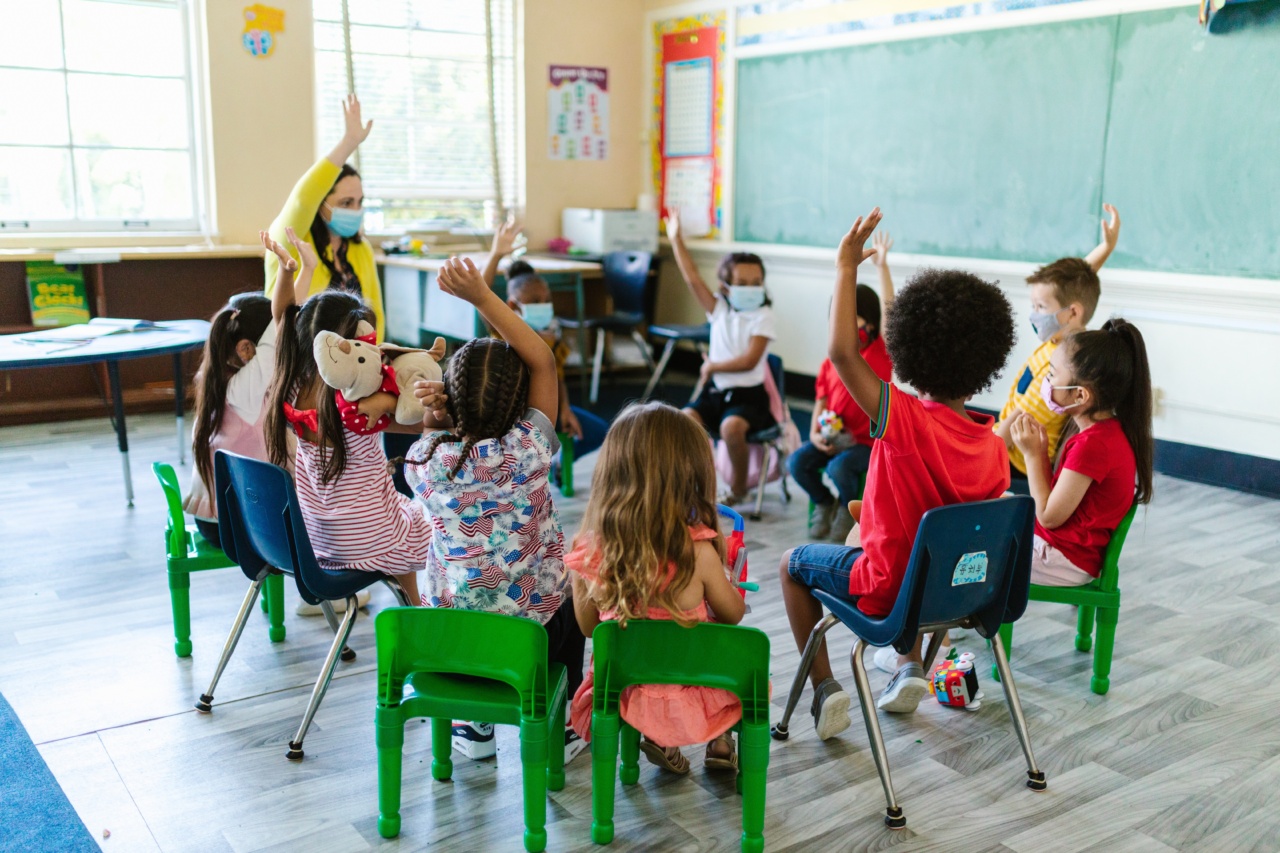As a parent, you may have noticed that your child is struggling in school or perhaps not meeting certain developmental milestones. It is natural to feel concerned and wonder if something is wrong.
The truth is that learning difficulties are quite common, and it is estimated that 1 in 5 children has some type of learning disability.
What are Learning Difficulties?
Learning difficulties are neurological conditions that can impact a child’s ability to learn and process information. These conditions can affect a child’s reading, writing, speaking, listening, and mathematical skills.
Children with learning difficulties often face challenges when it comes to organizing and making sense of information. Common types of learning difficulties include:.
- Dyslexia – A condition that affects reading
- Dyscalculia – A condition that affects mathematical skills
- Dysgraphia – A condition that affects writing
- Attention Deficit Hyperactivity Disorder (ADHD) – A condition that affects attention, hyperactivity, and impulsivity
What Causes Learning Difficulties?
There is no single cause of learning difficulties, and they can vary from child to child. Some children are born with learning difficulties, while others develop them as they grow older.
Learning difficulties can be caused by a variety of factors, including:.
- Genetics – Learning difficulties can run in families
- Brain Development – If certain areas of the brain don’t develop properly, it can lead to learning difficulties
- Medical conditions – Conditions such as epilepsy or traumatic brain injury can lead to learning difficulties
- Environmental factors – Exposure to toxins, poor nutrition, and high stress levels can impact brain development and lead to learning difficulties
What are the Signs of Learning Difficulties?
The signs of learning difficulties can vary depending on the type of difficulty a child is experiencing. Some common signs include:.
- Difficulty reading, writing, or doing basic math
- Difficulty following instructions or remembering information
- Problems with attention and focus
- Difficulty with coordination or motor skills
- Delayed speech or language development
- Difficulty with organization and planning
- Lack of interest in school or difficulty with academic tasks
How are Learning Difficulties Diagnosed?
If you suspect that your child may have a learning difficulty, the first step is to talk to their teacher or a medical professional. They can refer you to a specialist who can evaluate your child’s learning abilities.
The specialist may administer standardized tests, look at your child’s medical history, and observe your child in a variety of settings. Based on their findings, they can diagnose a specific learning difficulty or developmental delay and recommend appropriate interventions.
What Can Parents Do to Support Their Child?
If your child has been diagnosed with a learning difficulty, there are many resources available to help them succeed. Here are some ways parents can support their child:.
- Work with your child’s teacher to develop a plan to address their learning difficulty
- Encourage your child to ask questions and seek help when they need it
- Provide your child with appropriate educational materials and resources
- Be patient and understanding, and avoid blaming your child for their difficulties
- Advocate for your child and ensure they are receiving the appropriate support and accommodations at school
Conclusion
In conclusion, learning difficulties are a common concern among parents, but it is important to remember that many children face challenges when it comes to learning and development.
If you suspect that your child may have a learning difficulty, it is important to seek an evaluation to determine the best course of action. With the right support and accommodations, children with learning difficulties can succeed and thrive.




























